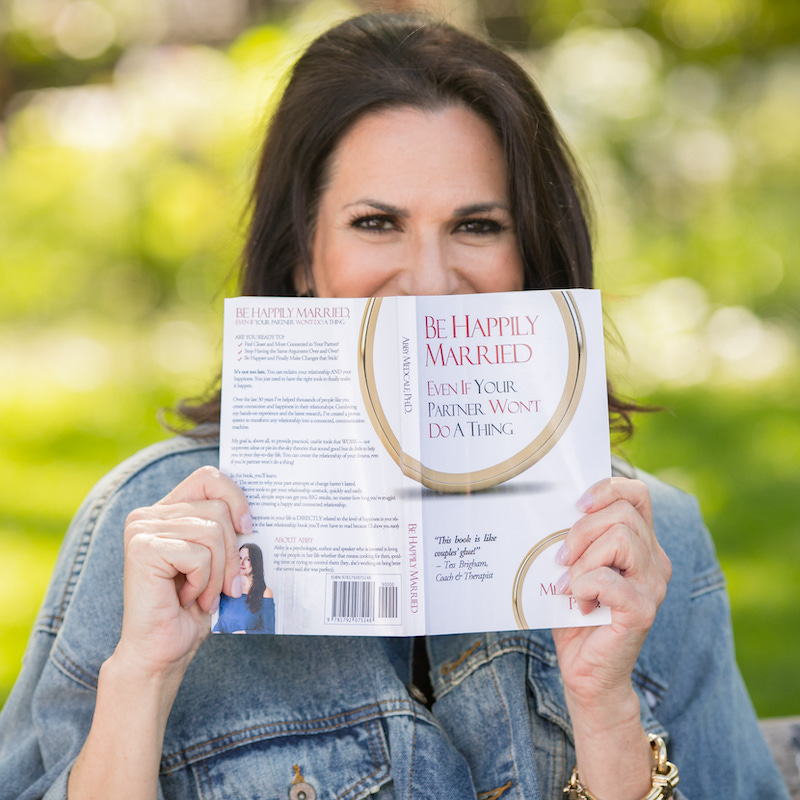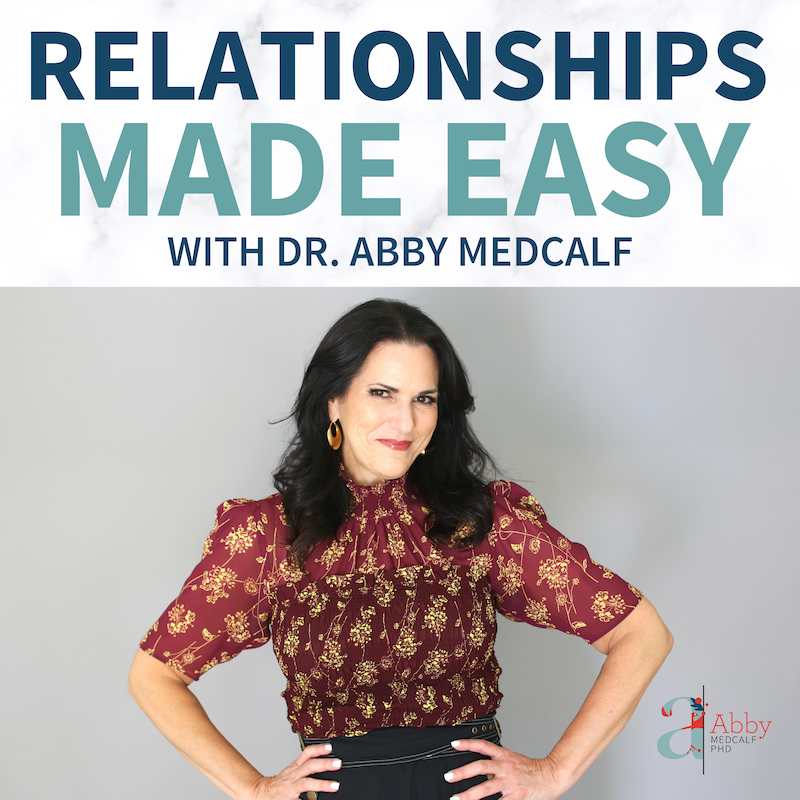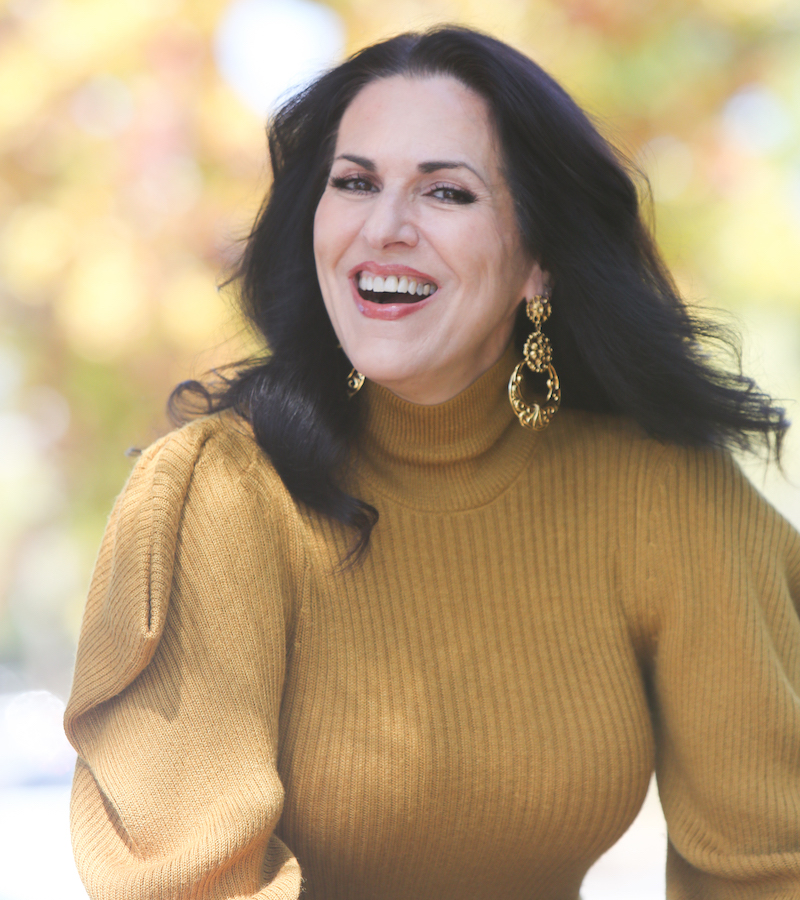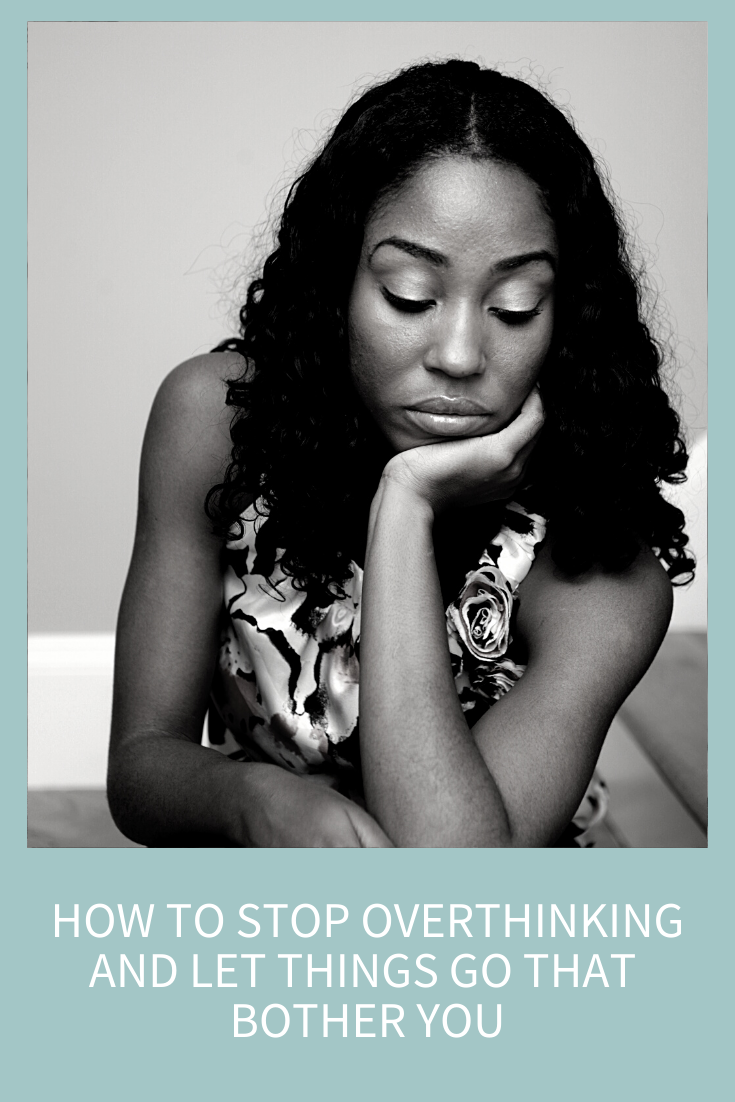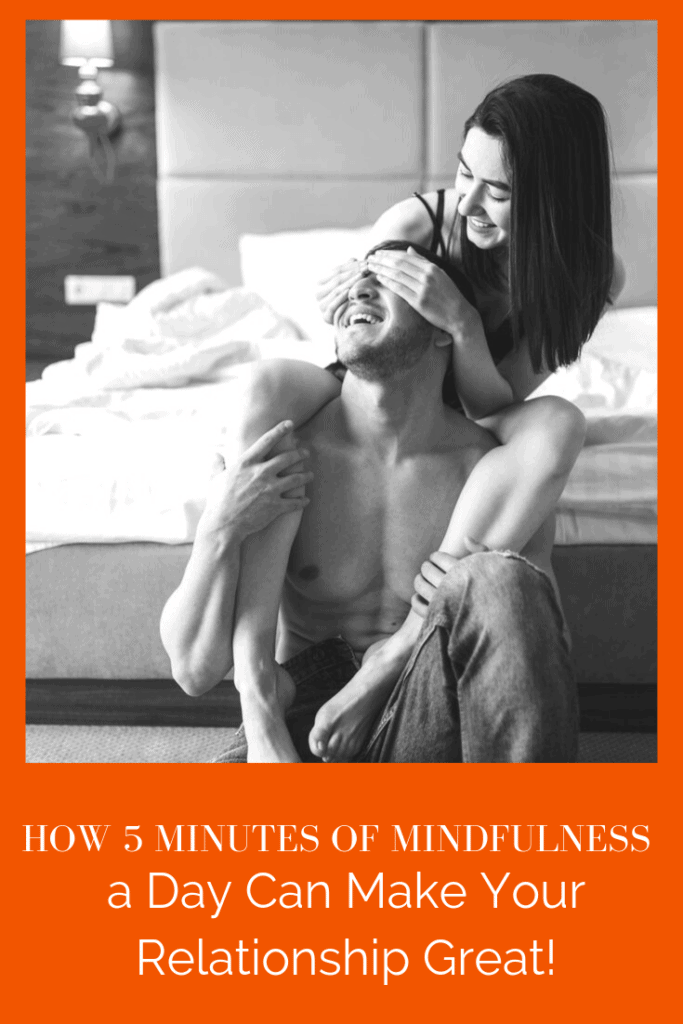
I started my “back to relationship basics” mission last month. My goal is to give you the key tools and education you need, then break things down into small wins so you can build momentum and hope and change your relationship for the long-term. Last month was all about competition and keeping score and how you’ve got to eliminate it if you want a connected, intimate relationship. You can find the first blog post of that series here.
This month is going to be all about mindfulness and self-awareness because without it, none of those great tools I teach will work! You know I’m telling the truth because you’ve been there. You’ve used tools, made some changes but, before long you were backsliding into old behavior. The changes didn’t stick because you’ve got to have these other basics down first and then you can start looking at all those great communication tools.
I’ve said it before, mindfulness and self-awareness are the most important things in your relationship. When you learn the tools and concepts I’m going to be teaching this month, you’ll be able to drastically change your daily happiness level and greatly improve your connection with yourself, your partner and everyone else.
The Difference Between Self-Awareness and Mindfulness
First, I need to explain the difference between self-awareness and mindfulness. I tend to use these terms synonymously, but they’re really not. What I’m really going to be focusing on is how to be mindful (which will help you be more self-aware).
Here’s the deal: Awareness isn’t always mindful, but mindfulness is always self-aware.
I think of self-awareness as more meta, head-based and intellectual while I see mindfulness as more in the moment and heart-based.
Self-awareness is all about being consciously aware of our feelings and agendas and looking to bring those to the surface of our awareness. It’s similar to mindfulness in that you become aware of your motives, thoughts and desires but it’s really a bigger process of getting to know yourself and figuring out your blind spots.
When we’re self-aware, we’re ferreting out what we do and don’t like about ourselves and our interactions so there is absolutely some judgment involved.
The best way I know to get better at self-awareness is to ask more questions and become a better listener. Getting feedback from others is invaluable in deepening our self-awareness. This isn’t true for how to get better at being mindful because mindfulness is a bit different.
Mindfulness is all about having a moment-to-moment awareness of your thoughts and feelings, non-judgmentally. When we’re mindful we accept our thoughts and feelings without judging them.
With mindfulness, there’s no “right” or “wrong” way to think or feel in a given moment. When we practice mindfulness, our thoughts are homed in on what’s happening right now and there’s no looking back or forward.
The vast majority of the issues you have with your partner are because you’re not being mindful even though you might be self-aware! For example, I’m self-aware that I have a big tendency towards controlling behavior, especially when I’m feeling fearful. I’m actually painfully self-aware of this trait! However, even though I’m self-aware, I still catch myself being controlling!
And that’s where mindfulness comes in. When I’m consciously aware of how I’m feeling and what I’m thinking in a moment, I notice the controlling thoughts and feelings arise and then I’m able to take a breath and not act on them. I’m able to redirect my thoughts back to the moment where all is actually OK – no lion is about to eat me and my partner is not, in fact, acting like my mother so I don’t need to be mad at him.
Mindfulness means I deliberately direct my attention and get off autopilot and any negative, judging thoughts. Instead, I allow myself to be present and connected to whatever is actually happening in the moment. This is where vulnerability lives. This is where deeper connection lives. This is why mindfulness brings us closer in our relationships.
A big problem is that we tend to be on auto pilot all day long and not realize it! Our minds are somewhere else and not on whatever we’re actually doing and the research shows that this is what makes us unhappy, not our partners, the traffic or our bosses.
And I’ve got to jump into the research for a moment because it’s kind of epic. My favorite stuff is by the amazing Matt Killingsworth, PhD. He’s a Robert Wood Johnson Health and Society Scholar and he studies the causes of happiness. If you haven’t seen his Ted Talk yet, make that a priority but I’m going to give you the high points right here.
In his research, Killingsworth collected over 650,000 real-time reports of mood from over 15,000 people but this wasn’t just a big study numbers-wise. This was also a diverse group, with people from a wide range of ages, incomes, education levels, and marital statuses. They represented every one of 86 occupational categories and spanned over 80 countries!
And here’s what he found: our minds wander A LOT; about 47% of the time! It goes from a high of about 65% when we’re doing rote things like brushing our teeth or showering, to about 50% of the time when we’re working, 40% when we exercise, and about 10% of the time that we’re having sex!
As Killingsworth says, “Mind-wandering isn’t just frequent, it’s ubiquitous. It pervades everything that we do.”
And how does all this mind-wandering relate to your happiness? He found that people are substantially less happy when their minds are wandering than when they’re not. In fact, how often your mind wanders, and what they think about when it does, predicts your happiness far more than how much money you make or how much sex you’ve had.
And he found that people are less happy when they’re mind-wandering no matter what they’re doing. For example, people don’t really like commuting to work very much; it’s always listed as one of their least enjoyable activities. Yet people are substantially happier when they’re focused only on their commute than when their mind is wandering off to something else. This pattern holds for every single activity he measured in his research, even if folks were mind wandering on happy things (which is way more rare, by the way). It’s amazing!
So, stopping all the mind wandering and being mindful will absolutely make you happier, but what about your relationship?
There have been a bunch of studies showing that being more mindful equates to happier relationships. In a big meta-analysis in 2016 they found that higher levels of mindfulness predict happier, more satisfying relationships and that people who do fight recover better and have less intense fights when they practice mindfulness.
Here are the biggest benefits you’ll get for being mindful:
- You’ll have fewer arguments. When you’re mindful there are less miscommunications and misunderstandings which means less arguments! Give your full attention and it’ll help you notice when you’re reacting to something your partner is saying so that you can slow down and give thoughtful responses. It will also help you remember what was being said so you can follow up!
- Less resentment: When we’re mindful, we’re giving our partner our full attention so our partners feel loved, attended to and safe. Nothing feels better than that!
- Better overall Emotional Regulation: When we see our partners as threats, the fear part of our brain, the amygdala, hijacks the brain into fight, flight or freeze mode. That’s when we go on the defensive, say things we don’t mean or shut down. Regular mindfulness shrinks this response from the amygdala so you’re able to act, not react much more easily. You can see the upsetting emotions or thoughts with more distance and less attachment. You develop the ability to NOT react to every emotion or thought you have.
To help you integrate all this awesome information and start being mindful today, I’ve created Two Steps to a Mindful, Awesome Relationship. As promised in today’s title, all of this will take about five minutes a day but will bring MAJOR great changes to your relationship as you do it consistently.

